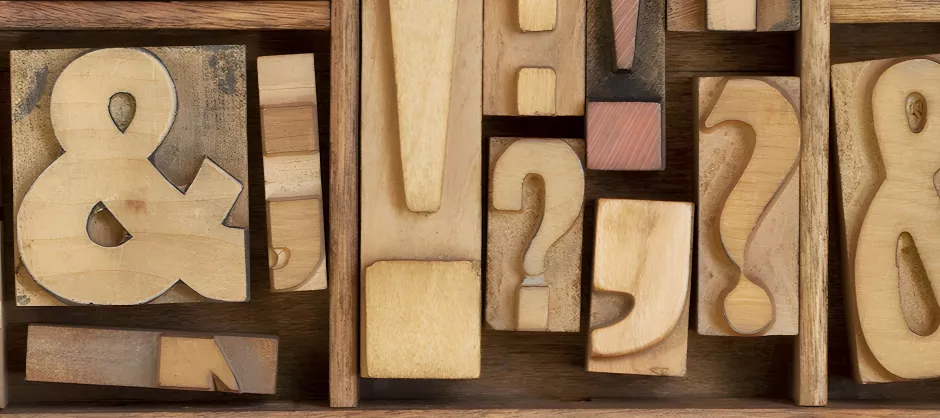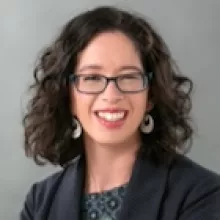
Some of us are monoracial (for example: Mixed within Asian countries/cultures—such as Japanese & Chinese) Mixed folks, while others of us are multiracial (across broad racial categories, such as Latina/o & Black, or Middle Eastern & Native).
And some of us are multiracial with a “white and—” (sometimes abbreviated &white, white&, or white+) ethnic story. In thinking about our ethnic identity development as Mixed people, what does it mean to have this complicated family history? What does it mean to reject the harms of whiteness without losing a part of ourselves in the process?
Jesus’ ethnicity includes both majority and minority culture experiences, both privilege and pain. And he knows what it’s like to have others assume they know your story by how you physically present.
Use the two reflections below (alone or in groups) to sit at the feet of our Brown, multiethnic, Middle Eastern/North African savior, listening to what he has to say about how we have been made for good.
“Mixed and White” - Reflection One
What does it mean to be people of color who are also white? Where does our minority weariness meet our white fragility? How can we be discipled out of whiteness?
“Some of us might not know about our ancestors beyond a couple of generations. Some of us might have complex, painful, or shameful parts of how our families came into being (especially those that have the legacy of slavery, war, or rape in the family story). Jesus doesn’t ignore this but instead is set on redeeming those hurtful stories.” Sarah Shin, Beyond Colorblind (IVP 2017, p. 30-31)
Bible Reading: Isaiah 1:1-31
Reflection Questions:
- What does it mean to be multiethnic people of color who are also white?
- How do we experience being stuck between two worlds? What does it mean that we challenge the either/or way of thinking, in our very bones?
- How can we use the way people see us? How does our “white and—” (sometimes abbreviated &white, white&, or white+) identity hinder our anti-racism work?
- If we can “pass as white,” what does that mean for how we see ourselves? If not, what then? Does the terminology of “white presenting” help the discussion, or hinder it?
Liturgical Prayer:
Our Lord God,
God most holy
God most merciful
God most wise
God most patient.
Thank you for loving us
in our fragile states
though we are but a breath
it is your breath that we breathe
though we are weak
in our weakness we are strong
because you were made weak,
fragile and helpless
hungry and homeless
for the sake of the entire world.
When we acknowledge our lack
and embrace our limits
there we find you
human without sin
fragile without breaking
life everlasting.
You are healer of hurts
breaker of chains
both the lion who roars
and the lamb who lies down
You are strength personified
in perfect weakness, submission
and rest
Teach us to cease our striving.
Amen.
--Chandra Crane
*Optional Reading: Beyond Colorblind pp. 29-33 (section “Embracing Our Ethnic Backgrounds”)
“Mixed and White” - Reflection Two
“Whiteness” (as opposed to being classified as ethnically/racially white) is a system that privileges light skin and white ethnic identity over other people groups. Since “whiteness” is the true problem, then what does it mean to be “white&”? Can we see our white ethnicity redeemed in ourselves?
“... ‘you may be white, but don’t let that lull you into thinking you have no culture. White culture is very real. In fact, when white culture comes in contact with other cultures, it almost always wins. So it would be a really good idea for you to learn about your culture.’”
Daniel Hill, quoting a South Asian/Indian friend, White Awake (IVP 2017, p. 4)
Bible Reading: Rom 13:8-14:18
Reflection Questions:
- What is “white culture”? How does it play out in our lives? How can we learn about it, knowing that “it almost always wins”?
- What does it mean to be white and aware? What does it mean to be “more than” just a white and/or monoethnic ally?
- For some of us, we didn’t think much about race or culture as a child, because of our family and community dynamics. Has this been your experience, or not?
- Is it possible to reject the harms of whiteness without rejecting a part of ourselves and our families?
- After this reflection time, how do you feel about your “white&” ethnicity? Is this different than how you felt when you started?
Liturgical Prayer:
God most high,
Who became flesh
multiethnic flesh, Mixed flesh,
flesh of a body low and helpless.
Be with us as we strive,
not to be “woke”
but to be awakened
not to be white
but to be Mixed people of color
not to be disjointed
but to be made whole in your image.
Be with us as we journey.
Be with us in our weakness.
Be with us as we learn more about you,
and in so doing, learn more about ourselves.
Be with us as we learn more about ourselves,
and in so doing, learn more about you
and your creative goodness.
We reject white supremacy
by embracing you.
We reject lies
by embracing your truth.
We reject false binaries
by embracing the family which you have brought us into.
Purify our culture,
that which shapes us as individuals,
as part of communities,
and as those who engage a hurting world.
Help us to see with your eyes,
to understand what
is from you, and a blessing.
May we reject that which is harmful
and not of you.
Be with us now
and forevermore.
Amen.
--Chandra Crane
*Optional Reading: White Awake, pp. 3-7 (Chapter One) and 33 (all full paragraphs)
